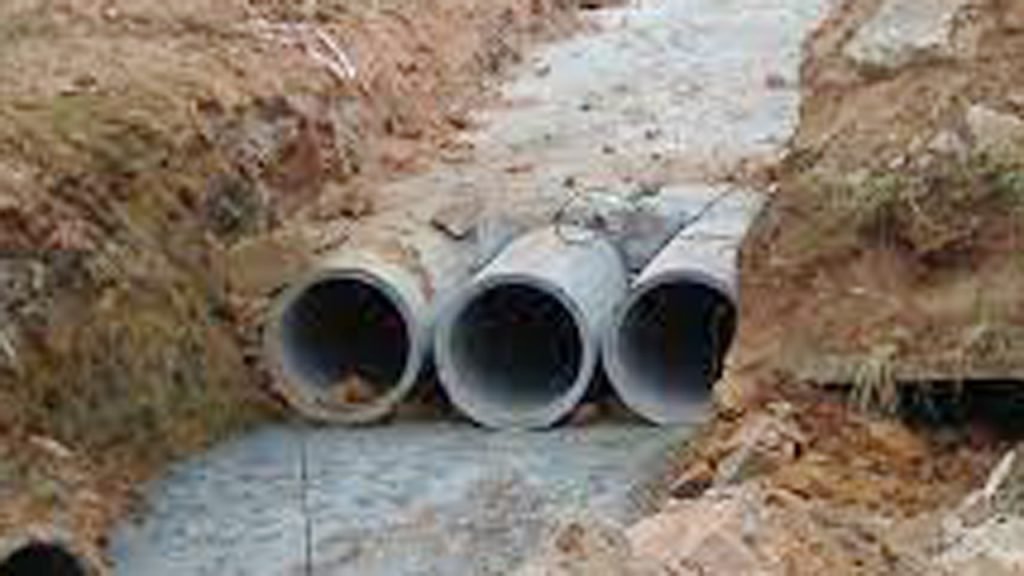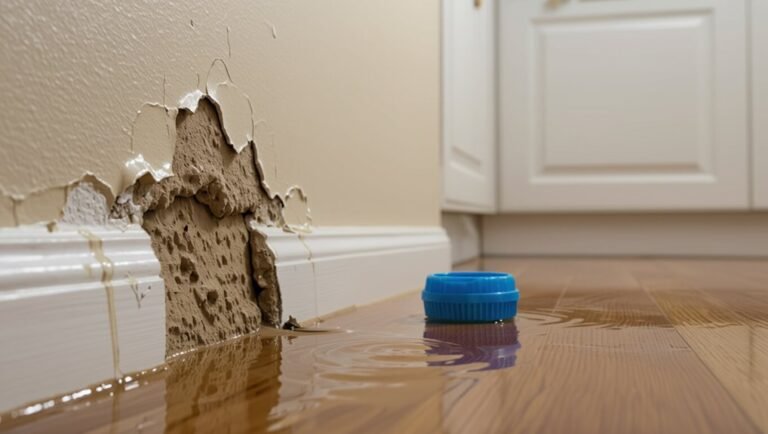What Type of Pipe Is Used for Stormwater?
When it comes to managing stormwater effectively, choosing the right pipe is paramount. But with so many options available, how do you know which one is the best fit for your needs? In this article, we will explore the various types of pipes commonly used for stormwater management and help you make an informed decision.

Photo by rojgaraurnirman.in
Using the Right Pipe for Stormwater Systems
The importance of using the right pipe for stormwater systems cannot be overstated. Stormwater runoff can cause significant damage if not properly managed.
Choosing the wrong pipe can result in clogs, leaks, and even system failure. It is crucial to select a pipe that can handle the volume and velocity of stormwater flow, as well as withstand the test of time.
Different Types of Pipes Used for Stormwater Management
There are several types of pipes commonly used for stormwater management. Each material has its own set of advantages and applications. Let’s explore the pros and cons of different pipe materials, their durability, cost-effectiveness, and environmental impact.
PVC Pipes for Stormwater Systems
One of the most popular choices for stormwater systems is PVC (polyvinyl chloride) pipes. PVC pipes are lightweight, easy to install, and resistant to corrosion and chemicals. They are also cost-effective compared to other pipe materials.
PVC pipes are available in various sizes, making them suitable for both residential and commercial applications. They may not be suitable for areas with high temperatures, as they can become brittle over time.
HDPE Pipes for Stormwater Systems
High-density polyethylene (HDPE) pipes are another excellent choice for stormwater management. HDPE pipes are highly durable, resistant to corrosion, and have a long lifespan. They are also flexible, making them easy to install in challenging terrains.
HDPE pipes have excellent hydraulic properties, allowing for efficient water flow. They can be more expensive than other pipe materials, especially for larger diameters.
Concrete Pipes for Stormwater Systems
Concrete pipes have been used for stormwater management for decades. They are incredibly durable and can withstand heavy loads, making them suitable for high-traffic areas. Concrete pipes also have excellent hydraulic performance and are resistant to corrosion.
They can be challenging to install due to their weight and require specialized equipment. Concrete pipes are also prone to cracking and can be costly to repair.
Metal Pipes for Stormwater Systems
Metal pipes, such as corrugated metal pipes, are commonly used for stormwater management in certain applications. They are highly durable and can withstand extreme weather conditions. Metal pipes also have excellent hydraulic properties and are resistant to corrosion.
They can be more expensive than other pipe materials and may require additional coatings for added protection. Metal pipes are often used in industrial settings or areas with high traffic.
Factors to Consider When Choosing a Pipe for Stormwater Management
When choosing a pipe for stormwater management, several factors should be considered:
- Flow Capacity: The pipe should have the capacity to handle the expected volume and velocity of stormwater flow.
- Durability: The pipe should be able to withstand the test of time and be resistant to corrosion and other forms of damage.
- Cost-effectiveness: Consider the initial cost of the pipe, as well as the long-term maintenance and repair costs.
- Environmental Impact: Evaluate the environmental impact of the pipe material, including its carbon footprint and recyclability.
Installation and Maintenance of Stormwater Pipes
Proper installation and maintenance of stormwater pipes are crucial for their effective performance. During installation, it is essential to follow the manufacturer’s guidelines and ensure proper alignment and connection of pipes.
Regular inspections and maintenance should be carried out to identify any potential issues and address them promptly. Regular cleaning of the pipes can also help prevent clogs and ensure optimal water flow.
Choosing the Right Pipe for Effective Stormwater Management
Choosing the right pipe for stormwater management is essential for preventing flooding, ensuring proper water flow, and protecting the environment. PVC pipes, HDPE pipes, concrete pipes, and metal pipes each have their own set of advantages and applications. When making a decision, it is important to consider factors such as flow capacity, durability, cost-effectiveness, and environmental impact.
By selecting the right pipe and following proper installation and maintenance practices, you can effectively manage stormwater and contribute to a sustainable future.



